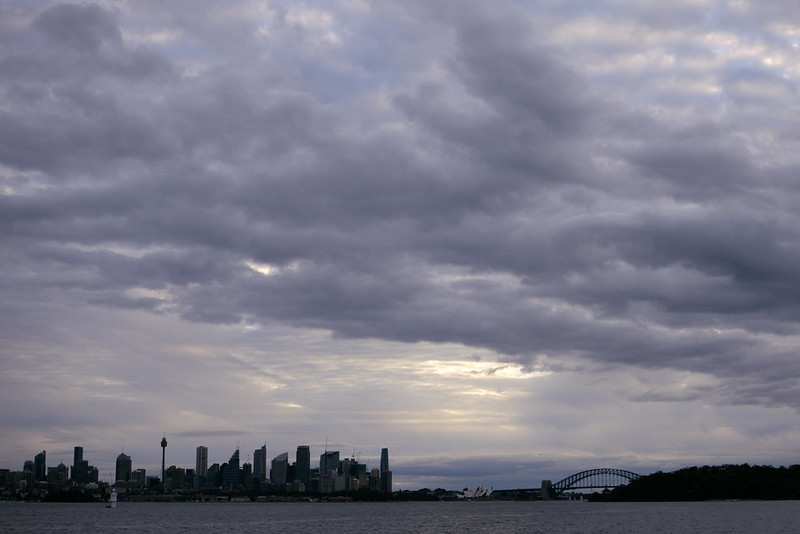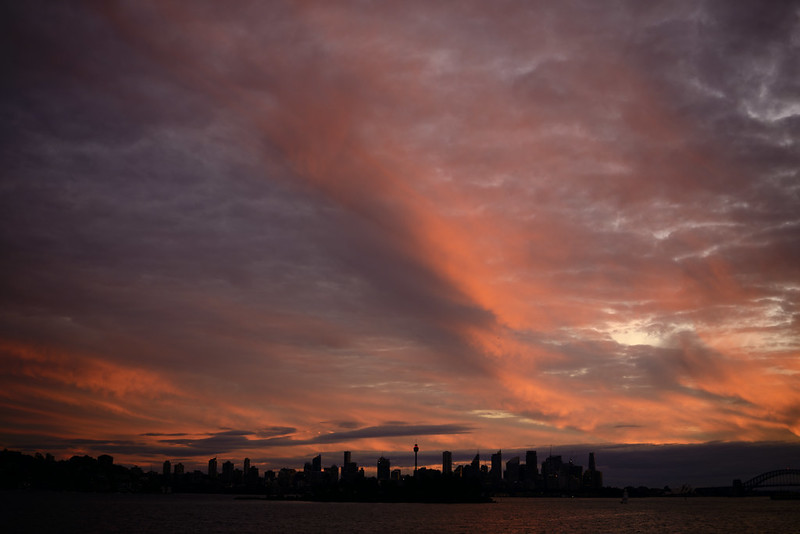Week 1 of the Alphabet Sufficiency: K.
Here’s a story about a ‘k’ word: my mother is a teacher, and once a child dobbed on another child for using “the k word”, and my mother asked that child “what k wor—?” and stopped herself too late. Yeah, that k word.
It’s not explicitly against the rules of this project to discuss the project, so let me note that my first choice for the ‘a’ word was going to be adulthood, until I realised I could stuff kinship and adulthood into the one piece and leave the ‘a’ field wide open for acid, acne (and/)or alcohol.
There are a lot of paths to adulthood, as I had cause to reflect on a few years ago, reading Kate Crawford’s Adult Themes: Rewriting the Rules of Adulthood, questioning the association of Australian adulthood with owning a home, having a stable job, and having children. I am pretty sure that at the time I’d had an apartment mortgaged for several years, and was pregnant. I was staving off adulthood with a PhD enrolment. See also Yatima:
None of which has anything to do with Kate [Crawford] except that she takes the set of prejudices and preoccupations I associate with people of Keith [Windschuttle]’s generation: real estate, marriage, children and so on; and deconstructs them as inadequate and meretricious cultural markers for adulthood. She is especially wry on the punitive economic structure of Australian society. It has become very, very difficult for young people to buy property, but in a home-ownership-obsessed society renters are considered sort of frivolous. Psych! Kate argues for replacing these shallow rites of passage – the excruciating wedding, the adjustable-rate mortgage – with a far more nuanced appreciation of modern adult lives, where for example your jati might take the place of a nuclear family.
It’s a terrific book, and it made me think pretty hard about how deeply I absorbed old-fashioned Australian prejudices without even realizing that I had done so. I loathed Sydney’s consensus reality while I lived there, but as soon as I got to San Francisco I got married, bought a house and squeezed out a couple of kids.
There are a lot of paths to adulthood, and I also chose that one, or it chose me, or I didn’t choose and that’s the one you end up with when you don’t choose.
I have that not-uncommon affliction of never having had an enormous amount to do with youth culture and thus feeling like I was about 30 from the time I turned 18. (I spent enough time at 16 and 17 in licenced 18+ venues that I can’t claim it any earlier.) Early in my PhD, so when I was 25 or 26, a slightly younger fellow student waxed lyrical about the joys of postponed adulthood: “I still feel like a kid, really!” I left home when I was 17, established an actual household at 19 (the economic incentives to form incredibly young de facto marriages via the same pressures that create sharehouses is an interesting footnote to modern marriage and partnership), and last took money from my parents that wasn’t a present some time before my 21st birthday. At the time of the conversation I was party to a mortgage, and I think also a marriage of the “solemnly swear” type. I felt nothing like a kid at that time, and I certainly haven’t recaptured it since.
Dominant narratives might not be necessary easy to live as such, but because I tick enough boxes (being straight is coming to mind, in particular) it is a reliable groove and doesn’t leave too many bruises. Lucky me, indeed.
I often appear to people to be a more driven person than I in fact am, because I work quite hard. From the outside, it’s easy to mistake working hard for being goal-driven. In fact I tend to find a plausible project, to date almost always chosen by someone else, and then carve a niche for myself in there and thrive, or not. The one main life project that I have chosen is kin itself: the creation and maintenance of family.
There are more ways to do this than to be related to people, or to have children, but again, I am going with the dominant narrative. My phone allows me to have people “bookmarked” for easier dialling. Those people are my husband, each of my parents, and my two sisters. I didn’t even realise that that said anything about me for about four weeks. I ring my parents on Sundays, which is when my parents both rang their mothers when they were alive. The tradition goes at least one generation further back on my mother’s side and quite possibly two.
I still make it sound rather like I am following a default path here, but adhering to a tradition is still work, and for once I’ve planned it, or rather, chosen it. But where the real decision comes in for me is being a parent. I have a kid (not so much squeezed out as hauled out with tongs under considerable protest, as it happens). This is a scary process while one prepares for it: how do you get ready to have new family? It’s not the family the law encourages you to have, it’s not chosen family, it’s brand new manufactured random family. And then you have to teach them to, among other things, care about your perspective, and your ability to feel pain, and your desire to sleep.
So this is my big, meaningful work, as someone to date better at the work part than the meaningful part. It’s not a very creative choice, and I don’t like it to be asserted as normative, but here it is. When I set up speed dial, I set up my family of origin, and when I planned for the future, I had a child. If I had to choose family, I don’t know where I’d start, but I’ve chosen to work on family.





